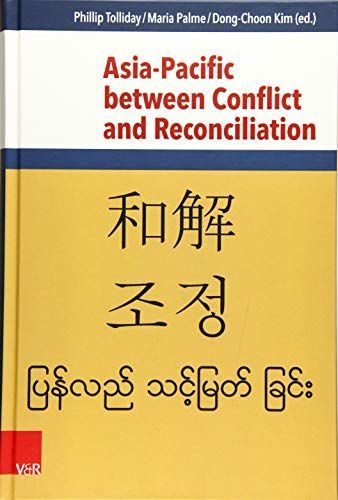
Asia-Pacific between Conflict and Reconciliation
This third volume in the RIPAR series seeks to translate the Western concept of reconciliation into a universal and thus non-Western idiom. It unmasks some of the long-held and unresolved injustices in Australasia and the Asian-Pacific region. The volume focuses on promising examples of reconciliation processes and practices. These include comparative case study analyses e.g. from Cambodia, Myanmar, Sri Lanka, Korea, Indonesia, China, Japan and from New Zealand and Australia as well as the U.S. and Germany. The contributions demonstrate the potential of translating reconciliation into a non-Western idiom. Written by highly reputed experts from related research fields, the articles demonstrate how the past still exercises a pervasive influence over the present, and also point out the ways in which reconciliation may serve as a transformative tool in war and post-war societies as they make the transition to a renewed collective identity. A perennial challenge is to ensure that a tragic past does not determine the future. Asia, so often seen from a Eurocentric perspective as exotic, other and different, is now manifestly an economic and political powerhouse – shaped by the West, it is now playing its part in shaping the West. Asia’s destiny, its aspirations for just dealings among its neighbors, for the unmasking and resolution of long-held historical injustices from the past, for its sometimes tentative groping toward practices of reconciliation rather than conflict: all these efforts have consequences not just for the Asian nations but for the entire international community.